How Zipline’s Keller Cliffton built the world’s largest drone delivery network
How Zipline’s Keller Cliffton built the world’s largest drone delivery network
Zipline’s cofounder and CEO Keller Cliffton charts the company’s recent expansion from transporting blood for lifesaving transfusions in Rwanda to retail deliveries across eight countries—including high-profile partnerships with the likes of Walmart, Chipotle, Panera, and the Mayo Clinic. Zipline’s do-good health efforts and commercial deliveries are all part of Cliffton’s vision for a radical, new transportation network that meets consumers’ desire for accessibility and speed. This is an abridged transcript of an interview from Rapid Response, hosted by the former editor-in-chief of Fast Company Bob Safian. From the team behind the Masters of Scale podcast, Rapid Response features candid conversations with today’s top business leaders navigating real-time challenges. Subscribe to Rapid Response wherever you get your podcasts to ensure you never miss an episode. I’ve been watching Zipline’s evolution over the years with fascination. You first popped up on my radar for using drones to deliver medicines in hard-to-reach places in Africa, and then I saw a similarly named company doing drone delivery for restaurants and retailers that I thought, like, is this the same place? And then of course it is. You recently announced an expanded partnership with Walmart to provide deliveries in Texas, in the Dallas area. How different is it to do business with a Walmart versus, say, a hospital in Rwanda? When we started Zipline, our backgrounds were in automation and robotics, and it seemed to us like it should be possible to build an automated logistics system for Earth. We were seeing all of these logistics failures. I mean, first of all, logistics really only serves the golden billion people on Earth. If you’re in the 7 billion people who aren’t in the golden billion, your access either sucks or is nonexistent. And as a result of that, about five and a half million kids lose their lives every year due to lack of access to basic medical products. So, we felt that it really should be possible to use robotics and autonomy to solve logistics in an entirely new way that would save lives, save time, save money. You’re right that we actually spent the first eight years of the company’s history operating exclusively in Africa. In 2016, when we launched commercially, we were 20 people. Nobody believed that this was going to work. Everybody thought it was a stupid idea. And investors assured us that there was no chance we were going to get regulatory approval to do what we wanted to do, which was to fly autonomously and quickly, and deliver things over large distances. It was obvious to us that we needed to find a use case that was so incredibly important that even a conservative regulator would sort of roll out the red carpet and work with us as a partnership to make it happen. And that first partner was the Ministry of Health in Rwanda, and that’s how it all started. We started delivering blood transfusions to 21 hospitals across the country of Rwanda. And now when you think about what the Zipline is, how much is social impact? How much is business impact, environmental impact? Well, interestingly, those three things were core parts of our mission from day one. Saving lives was a big part of what we were doing for the first three, four years, but also saving governments money was a big part of what we were doing. And always we had this underlying mission of transitioning logistics to a zero emission future. It was taking products that were traveling in cars or motorcycles or trucks to a future that was fully electric and far more efficient. Today we deliver 75% of the national blood supply of Rwanda fully autonomously outside the capital city. We’ve delivered about 22 million doses of vaccines in the last 18 months. And then expanded to all medical products. Then it expanded to animal healthcare products and animal vaccines. Then it expanded to quick commerce products and delivering things to hotels and homes. Now we’re building a new national postal service on top of it. People could have the impression that, okay, you started with this high-stakes lifesaving stuff and now you’ve added sort of convenience, whatever, getting your lunch delivered. But really it’s all about funding the socially minded work. Is the retail business there to fund the socially minded work? And if I hear you right, you always wanted to go broader and that this was a more systemic effort, that the social part of it was a way to get to that. Well, I mean, we think that people deserve access to lifesaving medical products. They also deserve access to economic opportunity. I mean, these things are important. If you’re trying to start a business and you live in a rural part of a country, if you don’t have access to logistics, you can’t start your business. If you’re trying to buy products for your family, you have a right to buy the best products or the cheapest products available rather than just what might happen to be ava
Comments 0
Most Read
Recommended Post
Gogolook launches news wall feature to Whoscall App



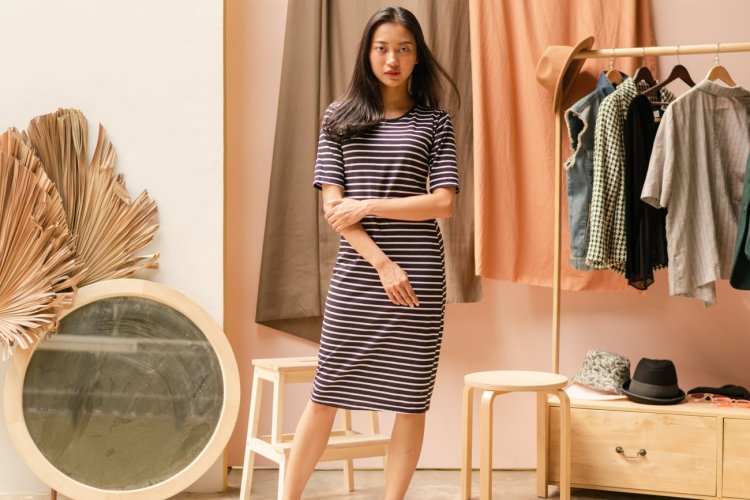
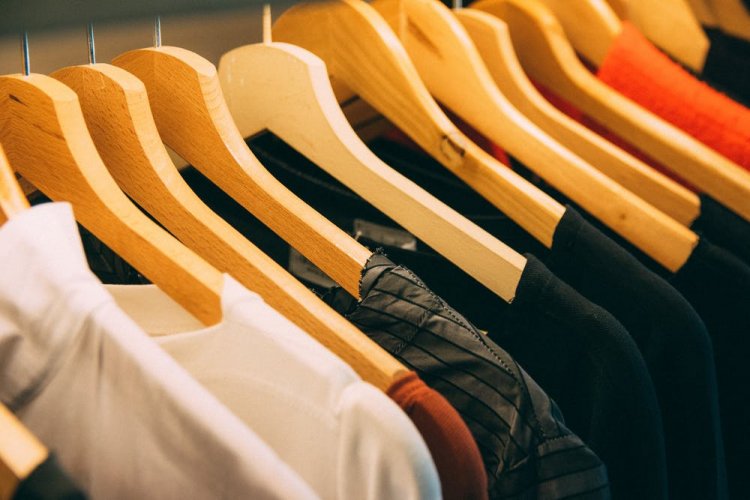

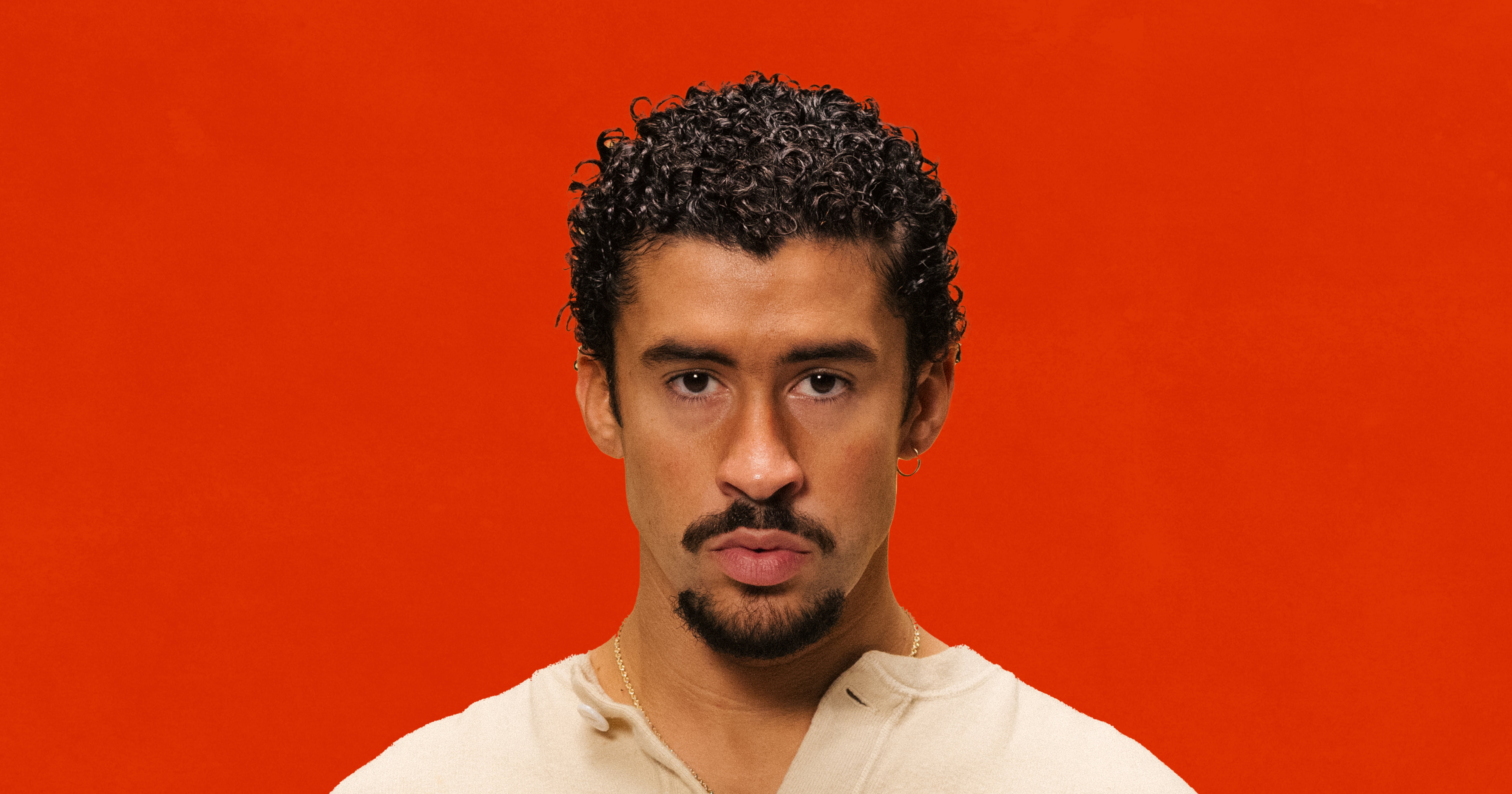

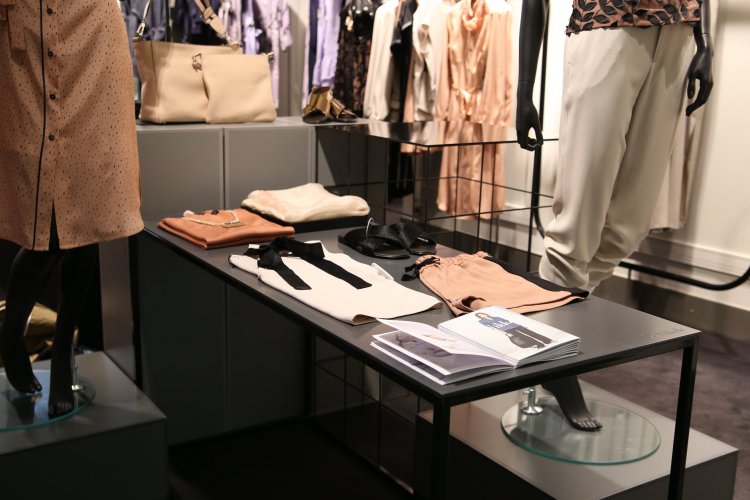








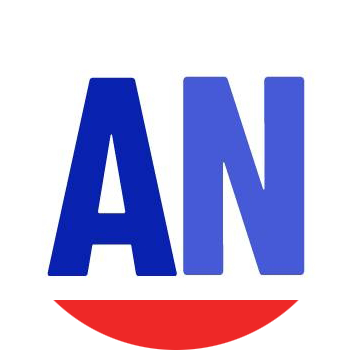


Leave a Comment